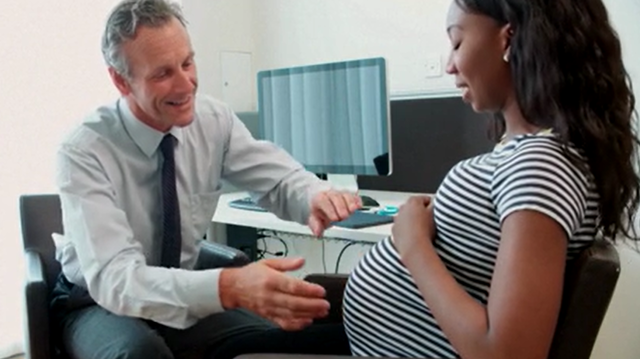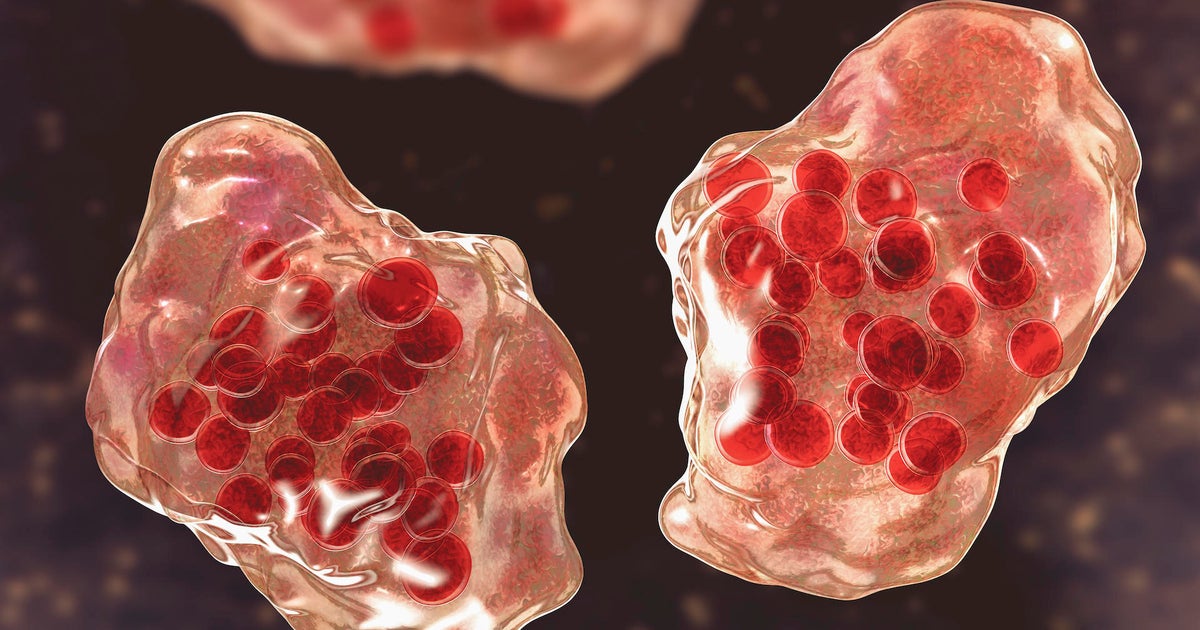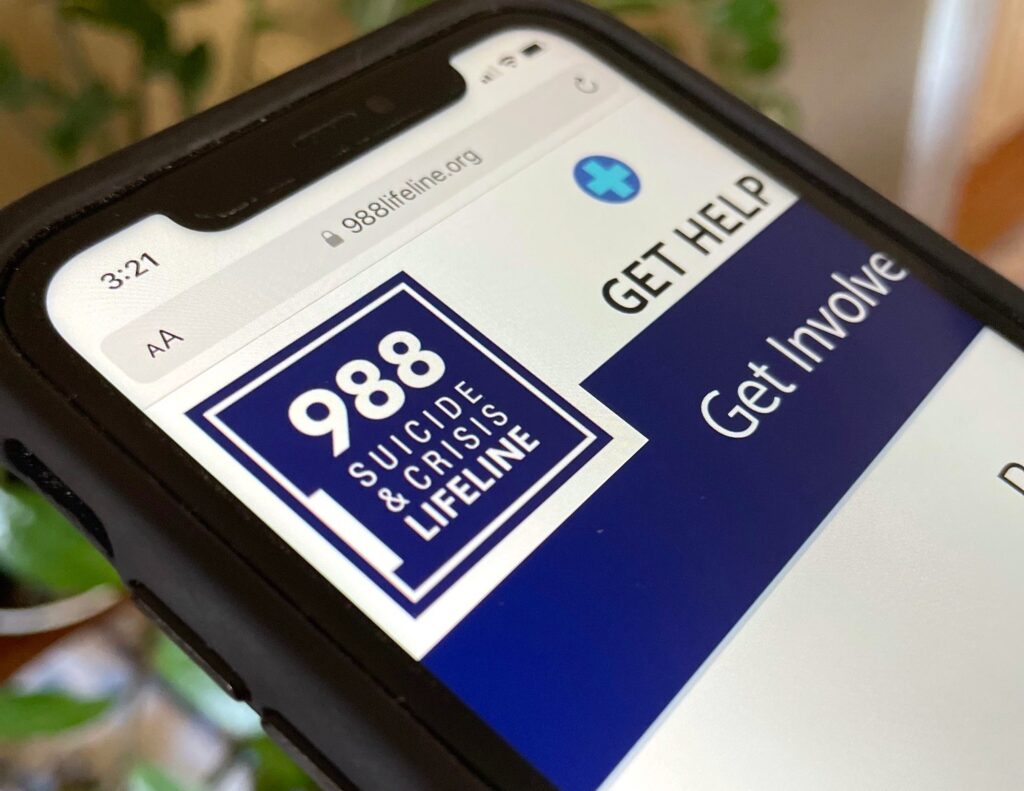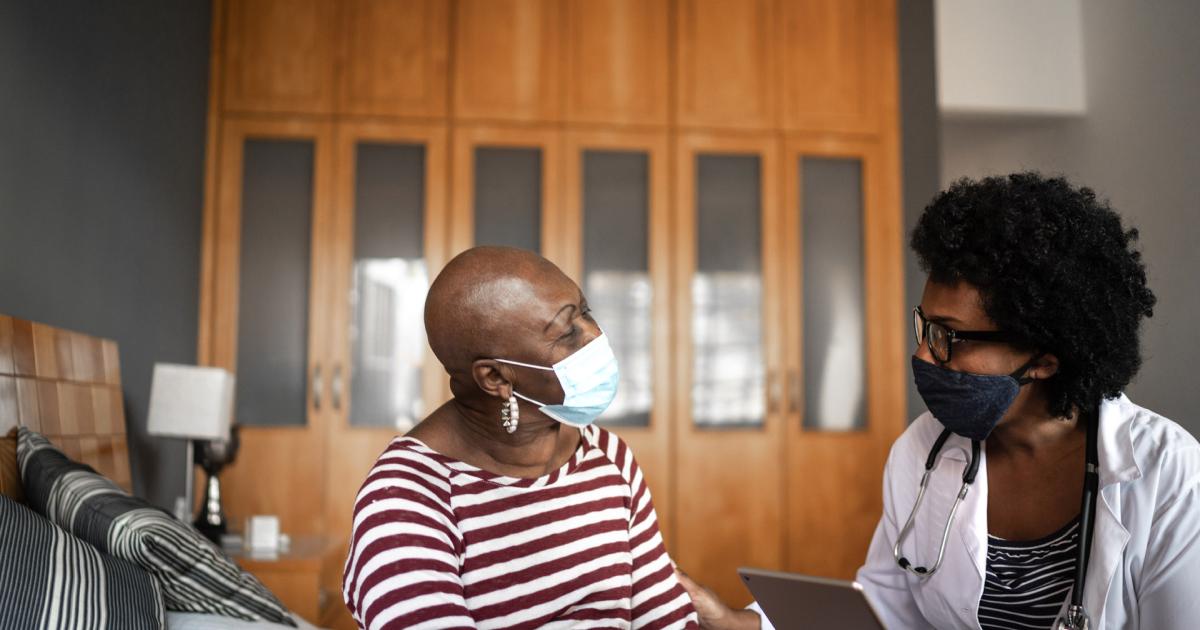Confronting a Crisis: Black Maternal Health Takes Center Stage This Week

Bridging the Gap: Addressing Maternal Health Disparities for Black Women
The maternal health landscape in the United States reveals a deeply troubling narrative of systemic inequities that disproportionately impact Black women. Despite advances in medical technology and healthcare, Black mothers continue to face significantly higher risks during pregnancy and childbirth compared to women of other racial backgrounds.
Recent studies highlight a stark and alarming reality: Black women are three to four times more likely to experience pregnancy-related complications and maternal mortality than white women. This devastating statistic is not merely a number, but a reflection of complex, interconnected challenges rooted in historical discrimination, unconscious bias, and structural racism within the healthcare system.
Key factors contributing to these disparities include:
1. Systemic Bias in Medical Treatment
Healthcare providers often underestimate or dismiss Black women's pain and medical concerns, leading to delayed diagnoses and inadequate care.
2. Socioeconomic Barriers
Limited access to quality healthcare, financial constraints, and reduced healthcare coverage create additional obstacles for Black women seeking comprehensive maternal care.
3. Chronic Stress and Health Impacts
Persistent experiences of racism and discrimination contribute to elevated stress levels, which can negatively affect pregnancy outcomes and overall health.
Addressing these challenges requires a multifaceted approach:
- Implementing comprehensive cultural competency training for healthcare professionals
- Increasing representation of Black healthcare providers
- Developing targeted support programs
- Advocating for policy changes that prioritize equitable healthcare access
By raising awareness, challenging existing systems, and promoting meaningful dialogue, we can work towards transforming maternal healthcare and ensuring every woman receives the compassionate, high-quality care she deserves.








